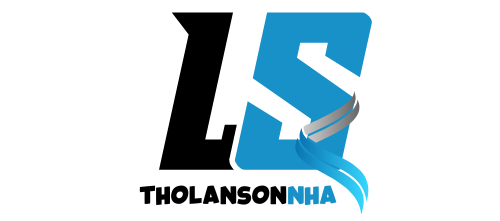Bringing Less Money to the Closing Table
There are a variety of ways you can reduce how much money you have to bring in for closing. Some options involve rolling closing costs into your loan, but there are some other good choices, too.
Roll Closing Costs into the Loan
Not all purchase loans allow you to roll your closing costs into the loan. If you are able to do so, there are some financial consequences you need to be aware of. Rolling closing costs into a loan means that you’re paying interest on those costs over the life of the loan. That means that you’re paying much more for those costs than you would be if you just paid them upfront.
You are watching: Can I Finance Closing Costs
Also, if you finance your closing costs, it can’t put your total loan over what you’re approved for. So if you’re already at your maximum budget, you may not be able to roll them into the loan.
It’s also important to note that increasing your loan amount lowers your equity in the home, which may affect you down the road if you want to sell or get a home equity loan.
Increase Your Interest Rate in Exchange for a Credit
Some loans will allow you to increase your interest rate while giving you a credit that offsets some or all of your closing costs. However, keep in mind that this means you’ll be paying more on all of the money you borrow for the entire life of the loan (unless you ‘re able to refinance at some point).
If you hear about zero-down loans, they often work this way. The lender covers your closing costs in exchange for a higher interest rate. They’re not usually the fantastic deal they seem to be.
Reduce Your Down Payment
See more : Can A Foreclosed Home Be Financed
If directly rolling your closing costs into a new mortgage isn’t an option, you may be able to reduce your down payment so that you need less cash, but this means that your loan-to-value ratio will increase (this is the amount of your loan compared to the value of the house). If your LTV is above 80%, you’ll probably have to pay a private mortgage insurance premium each month.
Negotiate a Seller Concession
Another option is to try to negotiate a seller concession, where the seller pays for some of your closing costs, reducing your out-of-pocket expense. But sellers usually won’t do this unless it’s a buyers’ market or they’re desperate. In a competitive market, you’re likely out of luck.
FHA and VA Loans
FHA and VA loans are backed by the federal government, and they have different loan parameters and fees than conventional loans do.
FHA Loans
FHA loans require a borrower to pay an upfront mortgage insurance premium, which is usually 1.75% of the loan amount, and it can be rolled into the loan. But you must have a 3.5% down payment, not including closing costs.
Depending on your situation, many other closing costs associated with an FHA loan may be able to be rolled into the loan.
VA Loans
VA loans require a borrower to pay a VA funding fee, and that can be financed. This fee goes directly to the Department of Veterans Affairs to fund the program and pay for any losses due to their loan guarantee. The amount you’ll pay for a funding fee depends on your exact military service and whether or not this is your first VA loan. (Some borrowers are exempt from the funding fee entirely.)
See more : Can Google Sheets Pull Data From Sgx In Google Finance
Other closing costs usually have to be paid at closing, but it depends on the exact scenario for your loan. The good news is that the VA loan program limits what closing costs the buyers are allowed to pay, and you can get a VA loan with 0% down.
Refinancing and Home Equity Loans
Closing costs for refinances and home equity loans are generally much lower than they are for new mortgages. Rolling closing costs into the loan might be worth it if you’re not paying too much extra interest. This is especially true with a refinance that gives you a lower monthly payment.
What Should You do?
Having a solid grasp on your financial goals will help you decide if rolling closing costs into your mortgage is a good decision for you. If you need the extra money in your pocket right now, rolling closing costs into the loan may be a good decision. It actually may help you buy a home sooner than you’d be able to otherwise.
If you don’t really need the money right now, you may want to skip the higher monthly costs and just pay the costs upfront to save money in the long run.
If you have any questions about this or would like to go over any specific scenarios together, please don’t hesitate to reach out to our team.
Source: https://tholansonnha.com
Category: Finance
